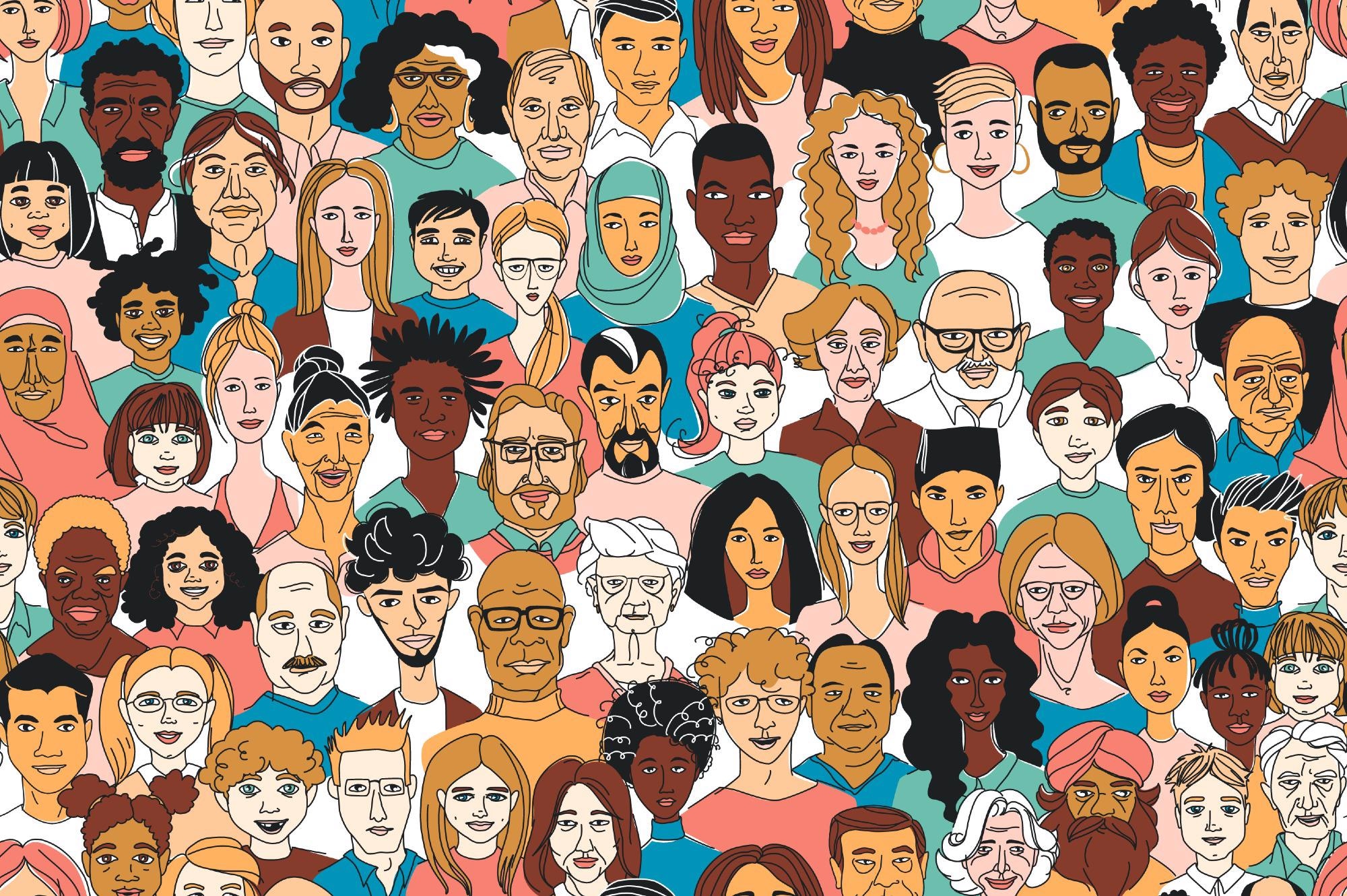Clinical trials are designed to reflect the effectiveness of a medicinal product in a real population where people from all backgrounds, genders, races, and ages may use them. Clinical trials use a large number of participants to ensure that the trial population is representative of the patients who will use. However, data from clinical trials have illustrated that there is a clear misrepresentation of the population in clinical trials in terms of race, gender, and age.

Image Credit: VasilkovS/Shutterstock.com
Why Is Diversity Important?
Diversity in clinical trials is an important issue as the effectiveness of a drug in one population doesn’t always indicate that it will be as effective in other populations or that it will even be safe in other groups. If a drug is approved to be effective and is licensed for a disease it is assumed that it will be effective in everyone equally and that is inaccurate and can lead to health inequalities in other groups in which it may not be as effective.
There are currently no guidelines or requirements for clinical trials to be diverse and as such most clinical trials are not very representative. An example is that the clinical trials of Nuplazid (pimavanserin), the only approved medication for treating hallucination associated with Parkinson's, was composed of 91% white people and only 36% were women. This is the dire reality of clinical trials and these end up forming the national healthcare guidelines without fully understanding the effects of the drug on all groups of the population but they become licensed to prescribe for all.
Research is increasingly proving that genetics play a significant role in diseases and health outcomes and that certain diseases are prevalent in different ethnic and racial groups. This indicates that there is a genetic component in the expression of diseases and these are constantly ignored when clinical trials fail to test drugs on all races, gender, and ethnicity to ensure that the efficacy is the same. An example of this is albuterol, which is a licensed and widely used asthma inhaler; after years of being licensed and prescribed for the general public, it was proven to be less effective in people of African descent compared to European descent.

Image Credit: bearsky23/Shutterstock.com
Why Are Clinical Trials Not Diverse?
This lack of diversity in clinical trials is a long-standing issue and there has been some progress and effort to increase the diversity. However, there is a multitude of reasons why there is no easy fix and answer.
Lack of access is the main reason why there are not many people from ethnic minorities in clinical trials. Participating in clinical trials requires awareness and knowledge that a clinical trial exists for a patient and considering many of these trials take place in academic hospitals that require insurance coverage it is less likely that people from ethnic minorities are informed as they are less likely to have insurance.
Many trials also have eligibility criteria for the participants that can include diabetes and high blood pressure which is more common in ethnic minorities and can exclude them from participating in these trials.
Lack of trust plays a significant role in the lack of diversity in clinical trials. Historically, African Americans have been treated unethically in clinical trials for many years such as Henrietta Lacks who was an African American woman being treated for cervical cancer at John Hopkins Hospital in 1951. The doctors removed some of her cancer cells to study and experiment on without her consent; it formed the basis of the biotechnology industry and yet she, nor her family, ever received any acknowledgment or compensation. Although this may not stop all black people from participating in clinical trials it is a reason for caution and skepticism.
Additionally, participating in clinical trials requires time and resources such as taking time off work and traveling to the research facility. In some clinical trials, the participants may be required to make some financial payment for the care they receive. This makes it even less likely for people from ethnic minorities to participate in clinical trial research as are more likely to have a low income.
Addressing these issues can be a method to increase diverse participation by working with communities to increase trust and provide access to trials, especially with regard to diseases that disproportionately affect ethnic minorities. On a public policy level there needs for clearer and stricter guidelines with regard to participant demographics in clinical trials.
Clinical trials have long been criticized for the homogeneity of the participants and although there have been efforts to increase diversity it is still an uphill battle. The vast majority of the participants are white men and that severely limits our understanding of the effectiveness of the medicinal product being tested. Representative and diverse research is of utmost importance to establish effective standards of care, minimize health inequalities and improve our scientific understanding.
References:
- Burke, C. W. (2018, October 10). The Importance of Diversity in Clinical Trials (Because Right Now, It's Lacking). BioSpace. https://www.biospace.com/
- Pan, X. (2020, November 20). Lack of diversity in clinical trials: the problem and potential solutions. Hopkins Biotech Network. https://alumni.jhu.edu/affinitygroups/biotech
- Sharma, A. (2021, October 14). Improving diversity in medical research. Nature. https://www.nature.com/articles/s41572-021-00316-8?error=cookies_not_supported&code=734193bd-6aa0-4322-8a8e-91efa746aa6f
- Why Diversity Matters in Clinical Trials and Research. (2020, September 16). WebMD. https://www.webmd.com/diabetes/features/diversity-clinical-trials-research
Further Reading
Last Updated: Jul 1, 2023